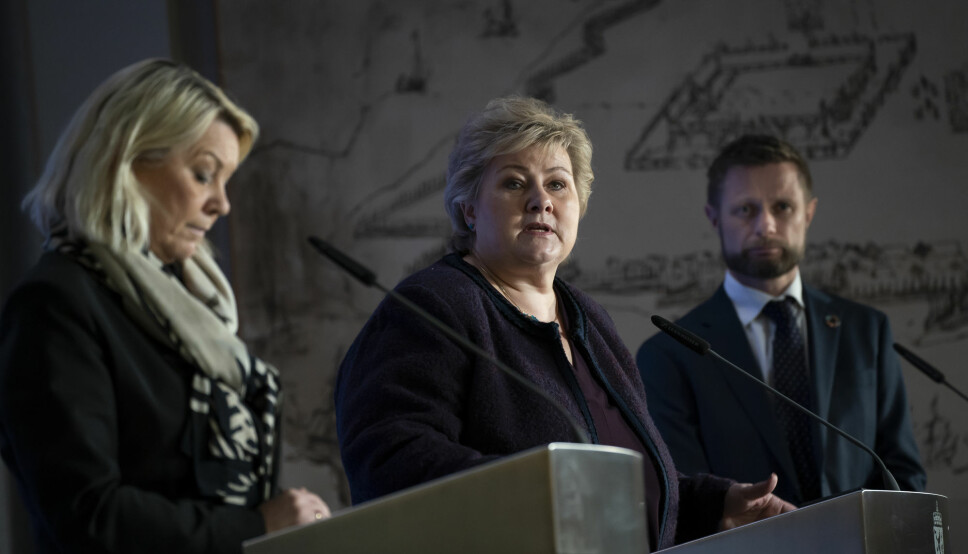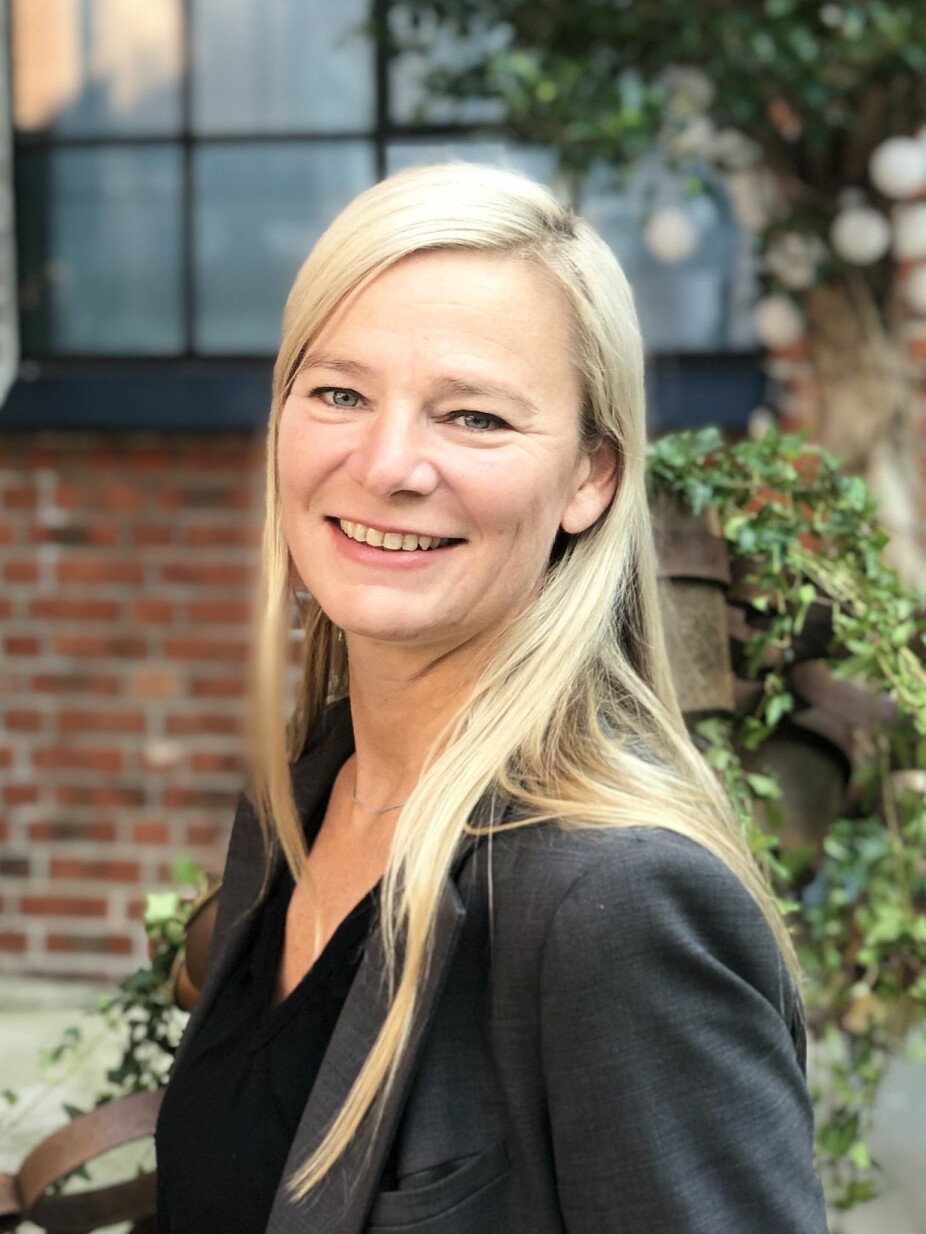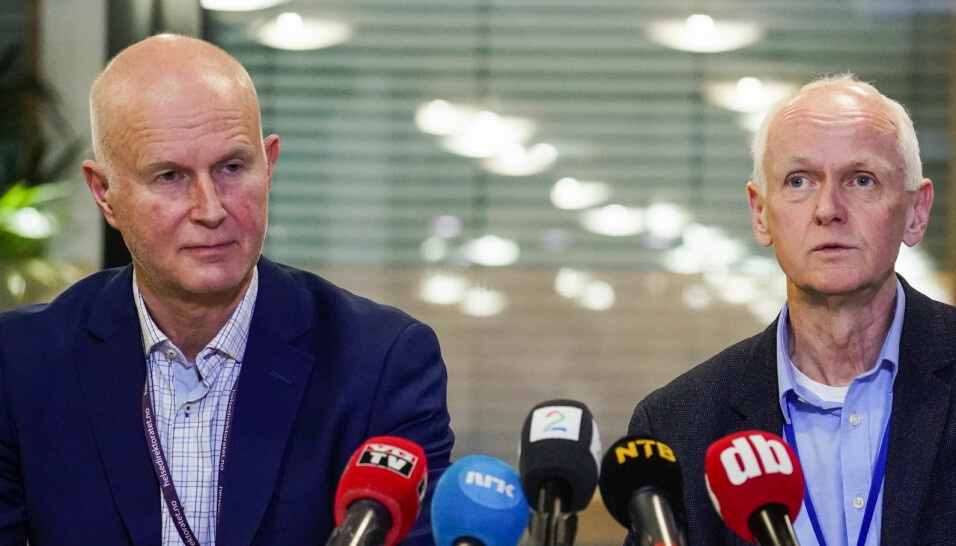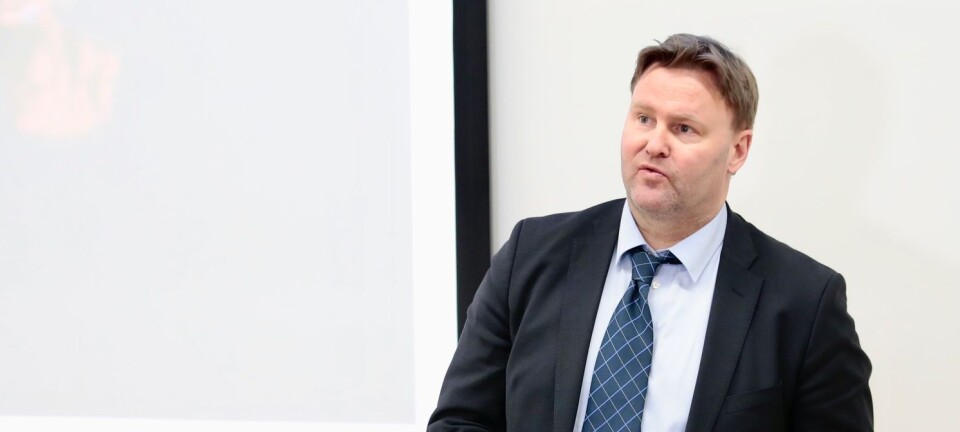
Norwegians support corona measures – but do not trust that the social security system can handle the consequences
Only one in five trust that the Norwegian Labour and Welfare Administration (NAV) can handle the consequences of the financial crisis that the virus has created.
Every day for a week, the Norwegian Corona Monitor (in Norwegian) has asked around 5000 Norwegians whether or not they trust that NAV – the Norewgian Labour and Welfare Administration, can handle the consequences of the coronavirus epidemic in the country.
Only 22 per cent answer that they trust NAV to handle the situation.
“Many things can affect this historically low trust in NAV”, says Ole Gaute Aas Askheim from Opinion, the company behind the Corona Monitor, in an article on their webpages.
Askheim points out that NAV obviously is not rigged to handle a crisis of the magnitude created by the coronavirus. Other factors include that many people are waiting to get their cases handled by NAV, and the fact that a massive scandal recently hit NAV. The welfare administration had mishandled a number of cases and wrongly sent people to prison.
As of the most recent figures – almost 4500 Norwegians are infected with the virus. 32 have died, and 322 are hospitalized. Thousands have been laid off. 10,4 per cent of the Norewgian work force is currently unemployed, the highest number since the Second World War.
- Related content: Norwegian financial crisis package may help stabilize the economy in the face of coronavirus shutdowns, says professor
A solid vote of confidence
At the other end of the scale, 9 out of 10 Norwegians support the government’s decision to continue with strict measures to limit spread of the virus until April 13th. The decision to close down schools, kindergardens and other institutions, as well as other measures, was initially made on March 12th and meant to last until March 26th.
The Corona Monitor interviewed 735 Norwegians on March 24th, the same day as the continuation was announced.
90 per cent said they fully support this decision. 6 per cent said they did not support it, and 4 per cent said they didn’t know/didn’t have an opinion.
“This is a solid vote of confidence from the Norwegian people to the government’s decision”, said Aas Askheim on Opinion’s webpage.
“We still have to continue surveying this question in the coming days to analyse the total support of the governments measures. Many Norwegians probably need some time to take in what this means in practice”.
Daily surveys on Norwegians and the coronavirus
The Norwegian Corona Monitor, Norsk koronamonitor, is a continuously updated survey created by the analytics company Opinion. The experienced surveyors started asking the Norwegian people questions about their opinions of what was going and how they were handling things the day after the government announced that the country would ‘close down’, on March 13th.
“We’ve leapt to the occasion and quickly established a set of questions that we ask every day”, says Nora Clausen, senior advisor in Opinon.
These daily questions revolve around how worried people are, whether they trust in the government and healthcare system, and how they are behaving.
“In the answers to these questions we see that the trust in the government is stable, and high. Seven out of ten have trust in the authorities and the health authorities”, says Clausen.

When the surveyors ask questions about the economy it turns out Norwegians are much more worried about the national economy than they are about their own private economy.
86 per cent are avoiding family and friends
Some other things the surveyors have found about the Norwegian people and the coronavirus are:
- One in four hoarded food
- Two out of three worked out of their homes during the first week of strict measures. In the capital, Oslo, 8 out of 10 worked from home – the highest number in the country.
- One in three find it difficult to know if they are following the guidelines that apply to them. This is particularly true for those who are single, and the elderly.
- 31 per cent find the new everyday life after the coronavirus outbreak to be psychologically challenging.
- 68 per cent of parents find that their children’s digital/home schooling is providing an acceptable alternative to the now closed schools.
- 86 per cent are avoiding contact with family and friends. The number of people who respond that they have contact with others is reduced on a daily basis. The largest number of people who maintain contact with friends and family are in Northern Norway, where the virus has spread the least.
- 76 per cent have cancelled or postponed holidays
- 59 per cent trust that should they need it, appropriate health care for a covid-19 infection would be provided. 16 per cent disagree with this, while 25 per cent have no answer.
Making sure the questions are asked
The idea is that researchers in time will be able to do more in depth analysis’ of the material.
“We’re in a completely new situation here. It’s interesting to measure this over time and see how things develop, how things change when new measures are introduced, or when things happen – here or in other countries”, says Clausen.
“As time passes, we will be able to see trends and developments. What we are doing now is making sure these questions are being asked as tings happen, so the material is there when people start wanting to do research on this.”
The interest in the answers of the Norwegian people is however already high.
“People in general are interested, but also the authorities, media, politicians and organisations”, says Clausen.
10 000 people have been interviewed so far in the representative surveys. Opinion has also recruited a citizen panel consisting of 6000 people to be able to do more in depth studies as well as ad hoc studies when questions and topics arise.

































